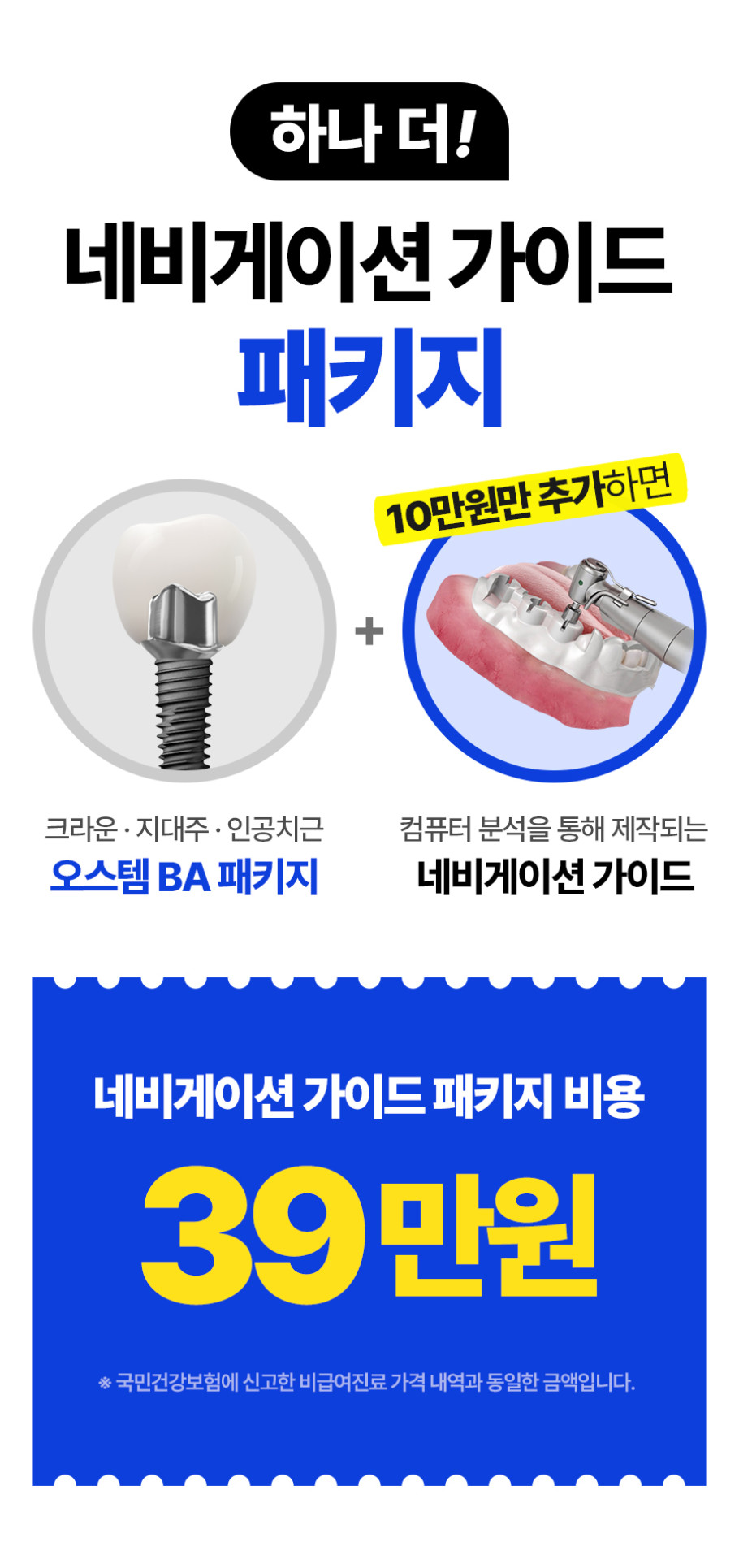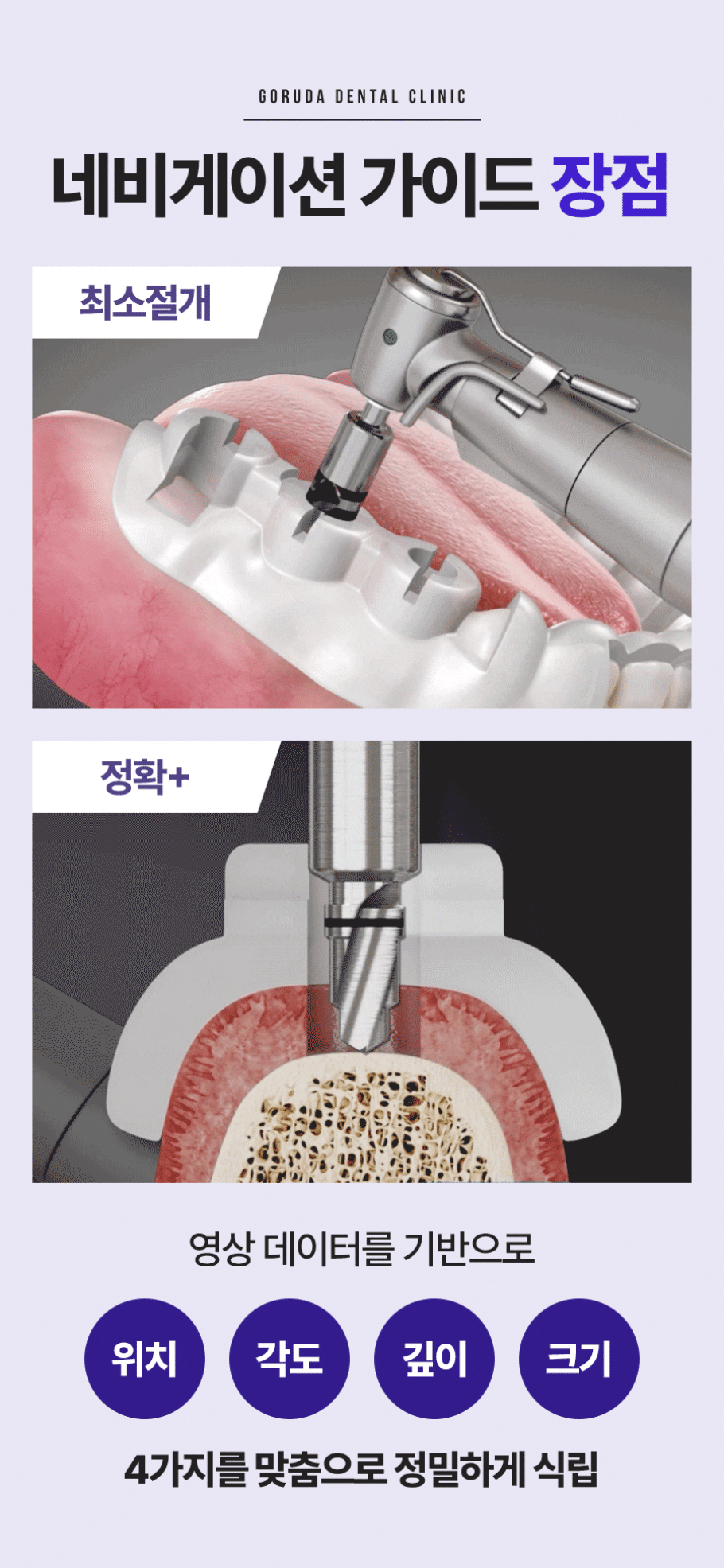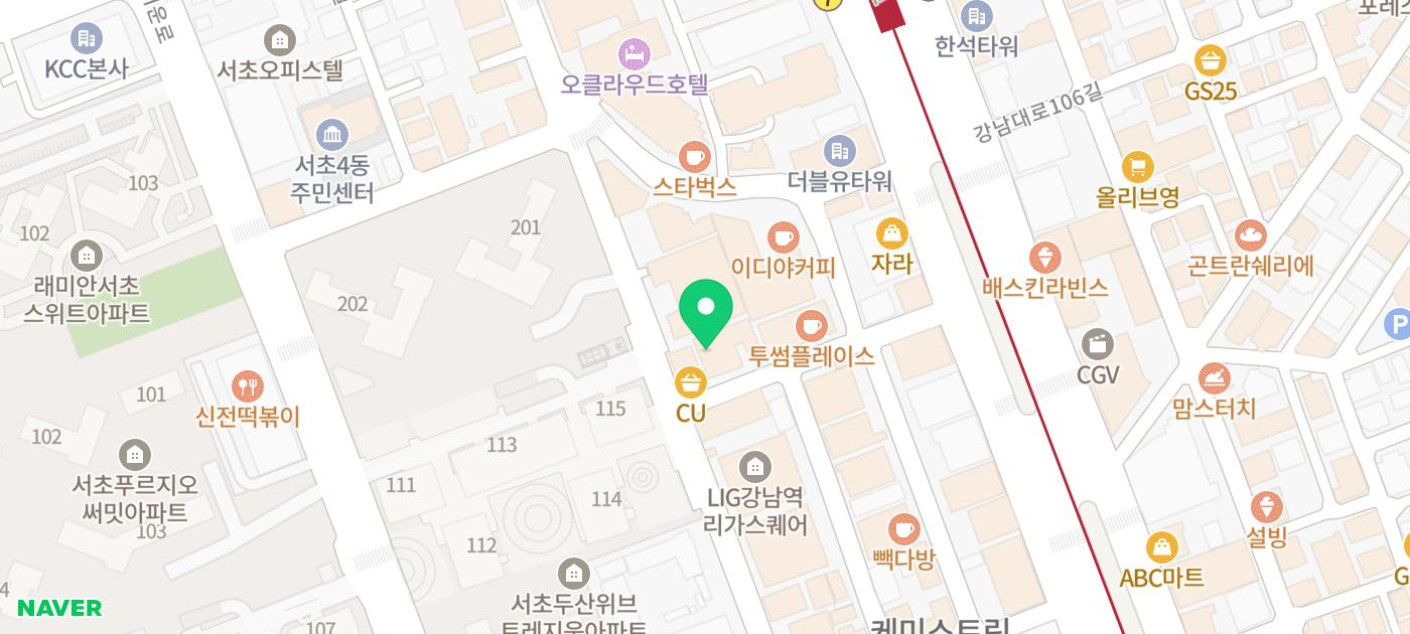Implant Management Tips from a Gangnam Implant Dental Clinic

Many people may have felt uneasy when they suddenly looked in the mirror and found an empty gum space. Whether it's a front tooth or a molar, losing a tooth changes more than just your appearance. It can become difficult to chew food properly, your pronunciation may become inaccurate, and in severe cases, it can put a strain on your temporomandibular joint, causing various problems.
As such, losing a single tooth often causes more inconvenience than expected. In this situation, the most recommended treatment is dental implants. Beyond simple dental treatment, it's a procedure chosen by many because it can restore both chewing power and aesthetics. However, when you decide to get the procedure, the first thing you worry about is the cost of the implant.
Implant prices vary from clinic to clinic, generally ranging from ₩800,000 to ₩2,400,000. This isn't because each clinic arbitrarily sets the price, but because it varies depending on the patient's oral condition, health condition, the materials used, and the complexity of the procedure.
In particular, the condition of the jawbone is a key factor in determining the cost. If a long time has passed since the tooth was lost, the jawbone often gradually shrinks or narrows. In this case, additional treatments such as bone grafting or sinus lift surgery may be required before implant placement. The cost of bone grafting starts at around ₩300,000, and in some cases, it can cost more than ₩900,000 depending on the condition.
Conversely, if the jawbone is maintained in a healthy condition, implant surgery can be performed immediately without a separate grafting process, which can reduce costs. Therefore, it's important to accurately assess your individual condition through a thorough examination before the procedure.
In addition, whether the product used is made in Korea or imported also has a significant impact on the price. Korean-made implants usually cost between ₩800,000 and ₩1,200,000 per implant, while overseas brands can cost ₩1,400,000 or more depending on the quality and technology, and high-end products can exceed ₩1,900,000.
However, simply because a product is expensive doesn't necessarily mean it's good. It's important to choose the product that's most suitable for your oral structure and gum condition. Implants aren't just about implanting artificial tooth roots; they consist of a post and an artificial tooth (prosthesis), so the price also varies depending on the prosthetic material.
A porcelain-fused-to-metal prosthesis costs about ₩300,000, while zirconia material is more durable and aesthetically pleasing, costing slightly more at around ₩400,000 to ₩500,000. Porcelain materials are preferred due to their transparent and natural appearance.
Health insurance subscribers aged 65 or older can receive insurance benefits for a certain portion of the cost. The co-payment rate is reduced to 30-40% for up to two implants, making the procedure available for around ₩400,000 to ₩500,000. However, bone grafting or additional prosthetic procedures incur separate costs.
These benefits are affected not only by age but also by gum health and overall physical condition. The cost and procedure may also vary depending on your usual diet and the presence of any diseases. For example, in the case of diabetes, the risk of bacterial infection is high, so pre- and post-operative care is important, and smokers may experience slower recovery rates due to nicotine, which can lower the success rate of implants. In these cases, the cost may increase due to the addition of antibiotic prescriptions or recovery programs.
You should also consider that each dental clinic uses different procedures. In the past, they relied on the doctor's manual skills, but recently, many clinics have introduced digital implant systems. Using 3D guide equipment based on CT scan data increases the accuracy of the procedure, but the cost is about ₩200,000 higher than the general method. However, it's worth considering as it shortens the procedure time and enhances safety.
If all teeth are missing, the structure itself changes. In Gangnam, dental clinics usually use a method of implanting 4 to 6 implants to fix the entire prosthesis, in which case the cost starts at ₩4,100,000 and can increase to more than ₩14,000,000 depending on the condition.
Thorough management is required even after the procedure. No matter how well the implant is placed, poor management can lead to inflammation or bone damage. It's generally recommended to have regular checkups every six months, and some clinics offer a warranty system that supports re-treatment or repairs within a set period. However, the scope of the warranty varies depending on the materials used, lifestyle habits, and procedure, so it's best to check in advance.
In conclusion, it's difficult to simply define the cost of implants as 'how much'. It can vary completely depending on the patient's condition, the materials used, and the procedure. Therefore, rather than just comparing prices, it's important to get a thorough diagnosis of whether the treatment is right for your oral condition.
Implants decided in haste without sufficient consultation can ultimately leave unnecessary costs and inconveniences. It's wise to remember that implants aren't just a simple expense, but a long-term investment to restore function and improve quality of life.
















































Source :https://blog.naver.com/spike2121/224066696554
No comments yet.
